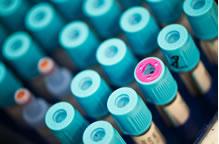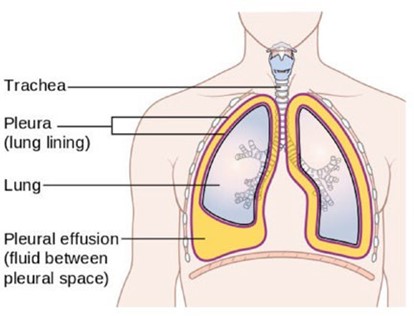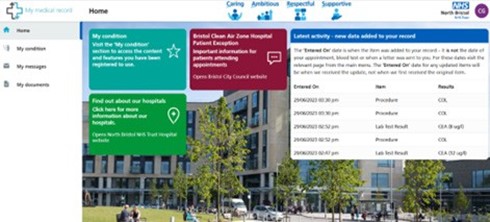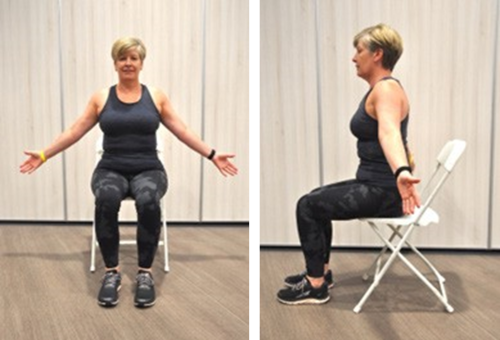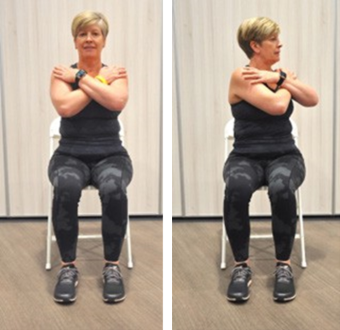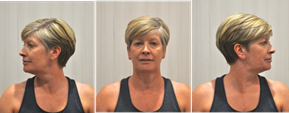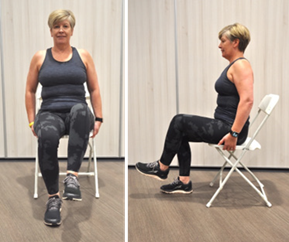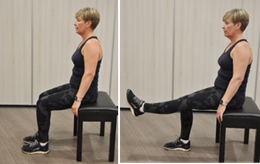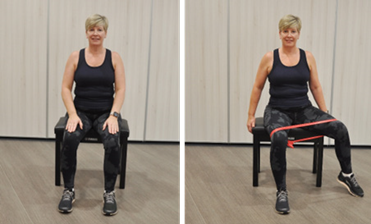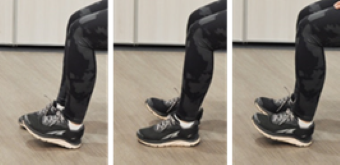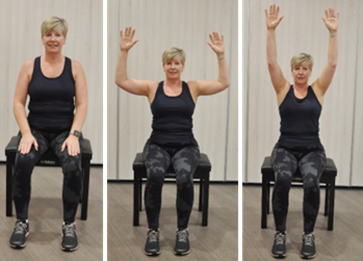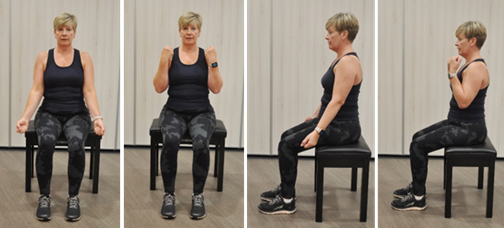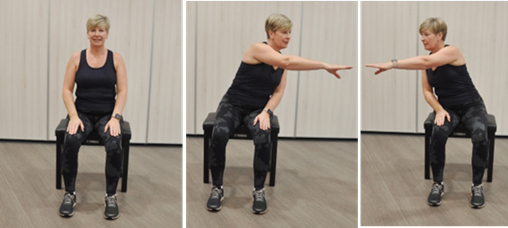Your treatment plan will depend on the possible cause and may involve referral to another specialist such as a urologist, gastroenterologist, pain specialist, pelvic health physiotherapist, psychiatrist, or psychologist. Our NBT Pelvic Pain Tool Kit is designed to support our patients living with persistent pelvic pain and help them to develop strategies to help self-manage their condition. It may not cover everything but gives additional tools to improve symptoms.
Social Prescribing
Social prescribing involves referring you to a link worker who takes the time to look at you as an individual and identify areas that you want support in beyond just your physical health.
This includes supporting your emotional and mental wellbeing as well as connecting you to your community. A link worker may help you start trialling some of the treatments described in the toolkit, which could be hard to try on your own sometimes.
Speak to your GP for your more information about social prescribing.
NHS England » Social prescribing
Seeing a pain specialist
A pain specialist will explore pain management strategies that are individual to you. Any medications you are taking will be reviewed and adjusted if needed. They might suggest alternative treatments including TENS and acupuncture. Our pelvic pain management program may be recommended.
Seeing a pelvic health physiotherapist
Our specialist pelvic health physiotherapy service offers specialist assessment and rehabilitation for pelvic, bladder and bowel pain and dysfunction.
Treatments offered include:
- Advice on lifestyle changes.
- Individual exercise programmes to improve movement, increase flexibility and strengthen muscles.
- Core stability work.
- Mobilisation and manipulation techniques to reduce pain and improve movement.
- Soft tissue techniques to reduce pain and increase flexibility of a muscle.
Seeing a psychiatrist or psychologist
Living with a chronic health condition like persistent pelvic pain can have an impact on your emotional wellbeing and day to day life.
These effects include:
- Emotional impacts, including feelings of anxiety, grief, sadness, frustration, and anger.
- Impacts on your ability to socialise and work. This can sometimes lead to feelings of loss, isolation, and changes to your sense of identity and quality of life.
- There is research that suggests some people with persistent pelvic pain have experienced trauma in their lives. This is not the case for everyone, but if you have experienced trauma, then appropriate support could have a significant impact.
- Medical treatments have risks, and sometimes people with persistent pelvic pain have been on a long journey with their treatment. In some cases, this journey is not an easy one, and this can contribute to the overall emotional and social impact of having a condition like this.
It is important that your care considers all these factors, and this is why our holistic assessments sometime include psychologists and psychiatrists to ensure we properly understand your overall experience of pain. They can also consider whether you might benefit from any further support to help you cope when things are feeling particularly difficult. Support includes a range of talking therapies and/or medications.
The Pelvic Pain Management Programme
The programme supports you to understand your pelvic health and develop strategies for managing the pain and other symptoms you are living with. There will be input from pelvic health physiotherapy, occupational therapy, psychology, nurse specialists, nutritionists, and gynaecology. It also provides an opportunity to meet other people facing similar challenges.
The programme takes place for one session a week and it lasts for 12 weeks. In each session, you will be given information on evidence-based approaches to managing pelvic pain and other associated symptoms, there will be group discussions and some movement-based activities.
